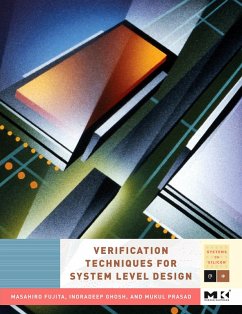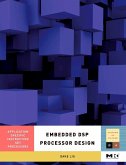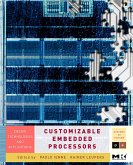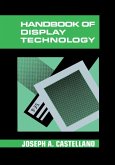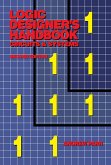For higher design productivity, it is essential to debug designs as early as possible, which this book facilitates. This book covers all aspects of high-level formal and semiformal verification techniques for system level designs.
. First book that covers all aspects of formal and semiformal, high-level (higher than RTL) design verification targeting SoC designs.
. Formal verification of high-level designs (RTL or higher).
. Verification techniques are discussed with associated system-level design methodology.
Dieser Download kann aus rechtlichen Gründen nur mit Rechnungsadresse in A, B, BG, CY, CZ, D, DK, EW, E, FIN, F, GR, HR, H, IRL, I, LT, L, LR, M, NL, PL, P, R, S, SLO, SK ausgeliefert werden.

